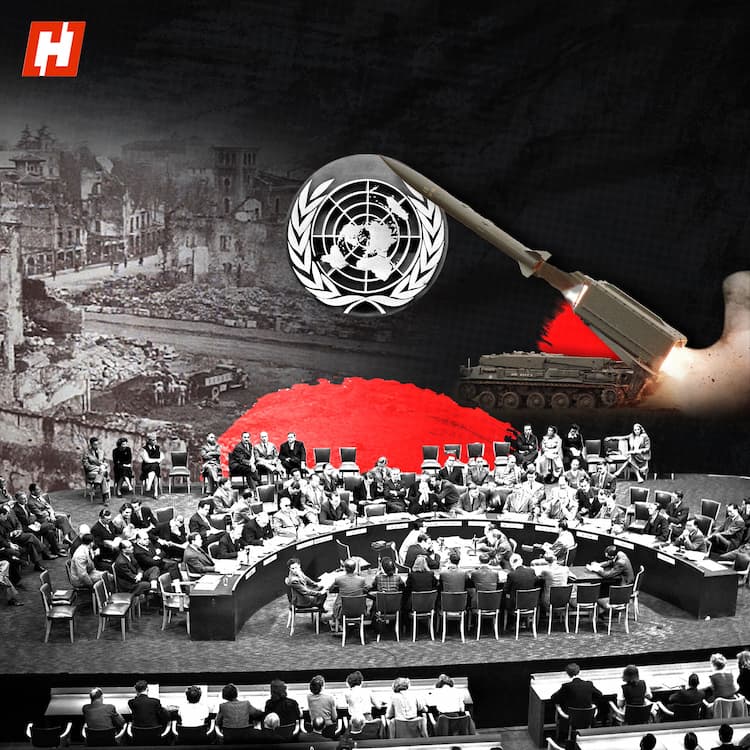Iran and Israel continue to fire missiles at each other after US President Donald Trump announced a ceasefire between the two arch-enemies.
Trump’s ceasefire announcement came after 12 days of dramatic escalation in the Middle East, which sparked fears of a wider war.
Although the ceasefire between Iran and Israel brought a sense of relief, the fate of Gaza remains uncertain. Will it bring an end to Israel’s aggression in the Palestinian territories?
Before diving into the implications of the ceasefire between Israel and Iran, it’s important to understand Iran’s stance on Palestine.
Iran has long been the only actor in the Middle East accused of supplying weapons to Hamas. Iran’s Supreme Leader, Ayatollah Khamenei, has consistently reiterated that support for the Palestinian cause is a moral and religious obligation—to help Palestinians end the “Israeli occupation.”
Israeli Prime Minister Benjamin Netanyahu has repeatedly accused Iran of aiding Hamas in its fight against Israeli forces. He has suggested that war with Iran—and a possible regime change—would end Palestinian hostility toward the Jewish state.
Israel’s attacks on Gaza have not ceased, even as it began its military confrontation with Iran. Hundreds of Palestinians have been killed in recent days, including dozens seeking aid and families bombed in displacement tents.
Must Read: Will Russia help Iran? Breaking down Iran-Russia 'strategic partnership' and what it actually means
On June 23, Israel killed at least 43 Palestinians, including 13 aid workers. The overall Palestinian death toll in the war has now surpassed a staggering 56,000.
So, will Israel end the war in Gaza now that Israel and the United States have allegedly crippled Iran’s military capabilities, including missile manufacturing factories and, most significantly, its nuclear enrichment facilities?
Analysts are divided on the potential consequences of the Iran-Israel de-escalation. While some experts have expressed optimism for Gaza, many others have voiced deep concerns about the future of the Palestinian people.
Cenk Uygur, a Turkish-American commentator, expressed concern that Israel will escalate its military aggression in Gaza. He claimed that Netanyahu will most certainly continue efforts to drive Palestinians out of the territory and commit what he described as "genocide."
Uygur further asserted that with Hezbollah decapitated and Iran allegedly hindered from providing any further military support to Hamas, Netanyahu’s expansion plans—backed by U.S. support—will likely follow.
However, many experts disagree. After 20 months of war in Gaza and with soldiers operating on overdrive, Netanyahu may be looking for a way out.
Notably, there have been reports of discontent within the IDF. Some IDF reserve forces have voiced concerns about re-entering Gaza, and in recent months, a number of soldiers have reportedly refused to report for military duty.
According to reports, now that Iran’s nuclear sites have been hit and Hezbollah’s capabilities significantly diminished, Netanyahu may claim victory—potentially winning back political support and securing his hold on power.
What remains to be seen is whether the ceasefire between Iran and Israel will hold, and whether Netanyahu will continue his expansion plans.





